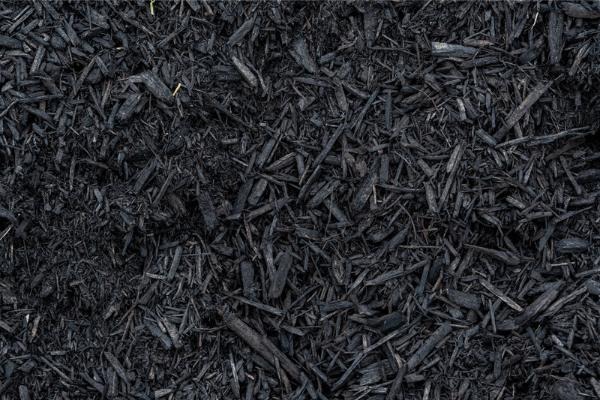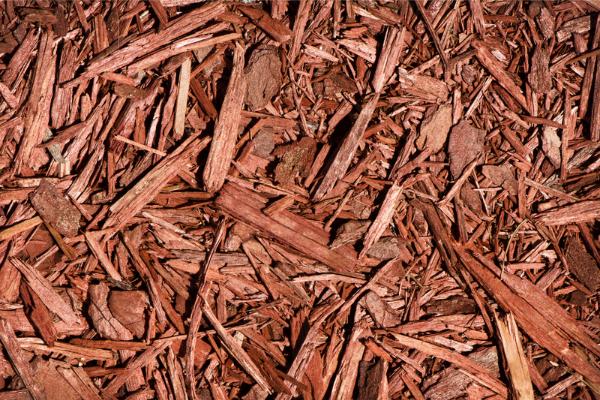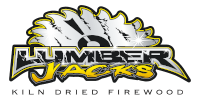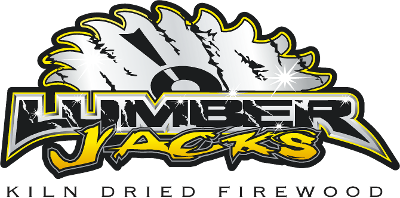Lumberjacks has been turning high-quality hardwood from local, established vendors into premium mulch for the odd lawn in Chicagoland, also delivering mulch to more remote parts of Northern Illinois and Southern Wisconsin. We take pride in how well our mulch has helped residents maintain gardens, yards and flower beds. But how does mulch help plants grow, how do you make mulch and what’s so special about it?
What Is Mulch?
Often covering soil beneath decorative shrubs, mulch is a uniform pile of chunks or chips that protects, nutrifies and visually complements plants. It’s usually made from wood chips, bark and compost, but inorganic options include small rocks or even rubber. Because inorganic materials provide no nutrients to soil and plants, we’re going to focus on organic mulch, which will meet or exceed all three needs for protection, nutrition and aesthetics.
How Is Wood Mulch Made?
As wood mulch is so common and effective, most providers have its creation down to a science. Mulch providers purchase raw wood and bark from local lumber companies. To grind the wood to shreds or chunks, mulch providers use mills and mulchers. Not only do we use top-quality hardwood to make our ground covering, but we inspect our product thoroughly for inorganic impurities and insects before selling.
How Are Colored Varieties Made?
Coloring mulch doesn’t reduce its nutritional value or invite toxins into soil, as only inoffensive chemical compounds and vegetables are used as dye. Plain mulch can provide aesthetic value, though some residents might prefer other common colors. The colors of your landscape and home will nudge you toward which option to use.
How Is Red Mulch Made?
Red mulch receives its color from iron oxide, a.k.a. rust. After combining rust with water, we spray the solution onto the mulch to create the color. As unappealing as rusty metal might appear, rust itself is harmless to plants and animals. It’s nothing more than the byproduct of a natural chemical reaction. Red complements mild color palettes with a wholesome, rustic look.
How Is Black Mulch Made?
Black mulch receives its color from carbon dust. Once vendors combine the carbon dust with water, they can spray the solution over the mulch to bring about that rich dark color. Fundamentally, carbon dust is coal that has been ground as finely as possible. Black invites a lot of contrast into the landscape, brightening the colors of flowers and buildings alike.

Black mulch is great for inviting enough contrast to boost curb appeal.
What Are the Different Types of Mulch?
Red, black and plain mulch are the most common colors, but there are also some common materials and textures residents might favor over others. Here are some minute differences in how well the following mulches nourish and protect plants.
Hardwood Bark
We fashion bark from hickory, ash, oak and maple trees into nuggets you can spread across your lawn. Bark’s extra density provides greater protection and nutrition than other parts of wood. Not only does it provide a more merciless defense against weeds, but inclement weather is less likely to blow it away, and it traps just enough moisture to hydrate plants without drowning them.
Note that hardwoods cause soil to become alkaline, so make sure your plants favor alkalinity before laying this ground covering. Because hardwood bark forms such an impregnable barrier over the soil, termites might have a safe haven through which to enter a home.
Shredded Hardwood
These finely ground strips of wood are the easiest to spread. Because they’re less likely to wash away than larger chips or nuggets, they’re perfect for defending and nourishing sloped areas. They’re also better at storing moisture than hardwood bark.
The primary downside is that shredded hardwood compacts over time, blocking nutrients from reaching the soil. It also raises alkalinity, potentially attracts termites, and presents a fire risk in dry climates.
Whole Tree Chips
Whole tree chips are bigger than those of more conventional options. Along with a clean look, these large chunks provide long-term protection. If you don’t plan on moving anytime soon, wood tree chips might be a solid option, as long as they’re hardwood.
The main problem with whole tree chips is that, as much of a pleasantly rustic look they provide, their heterogeneity certainly dampens their aesthetic value. Whole tree chips are made from all parts of a tree, so they’re much less likely to be uniform.
Pine Bark
Pine bark decomposes so quickly as to provide great nutritional value to plants, but keep in mind that you’ll have to replenish it more often. Like other softwoods, pine increases soil’s acidity, and some plants, like tomatoes, thrive in acidic environments.
Pine bark has no striking appearance and isn’t heavy enough to trap moisture. In fact, pine bark is so light that it’s most likely to fly away in storms. We don’t recommend it as much as hardwood mulch, but if your plants thrive in acidic environments, it might be your best option.
Cedar Mulch
Cedar mulch’s maroon color makes it pretty unbeatable in terms of aesthetic, but it loses its color as it decomposes, and takes a longer time to decompose than hardwood mulch does, so it doesn’t nutrify the soil as well as it defends plants from intruders. Pests hate the smell as much as we love it, but note that this drives away beneficial bugs, too.

Cedar mulch looks and smells great while providing plenty of protection.
Let Us Know Which Mulch Sounds Best
When you’re looking for mulch, purity is key. Whatever defends your soil becomes your soil, so make sure you buy organic materials that don’t contain harmful chemicals. Be ready to put money toward something as effective as our premium hardwood chips.
If you’re looking for a sustainable, long-term solution for your landscaping needs, premium hardwood is definitely best, and we’re proud to sell it by the cubic yard. Our four color-texture combinations are premium hardwood, premium bark, chocolate and red. Premium hardwood is our most popular option because the fact that it’s shredded makes it easiest to spread.
Please check out our calculator to find how much you need, peruse the rest of our site, and give us a call to get started on your order.









